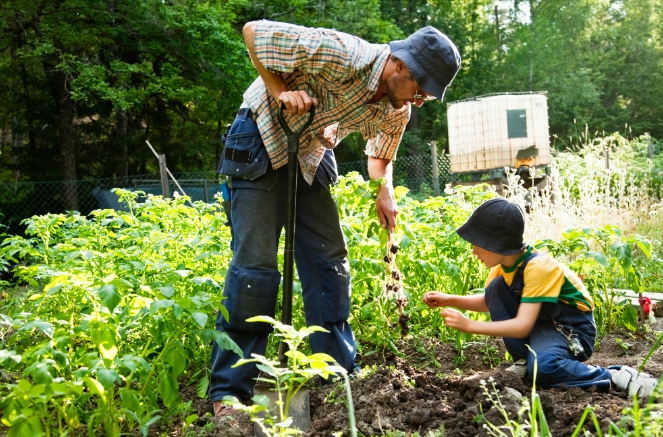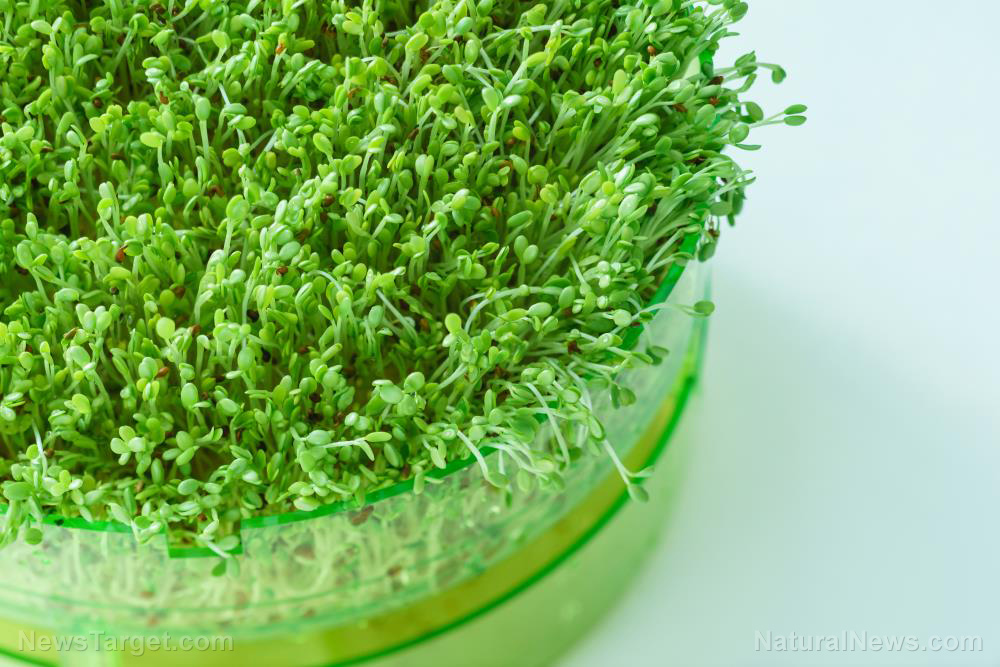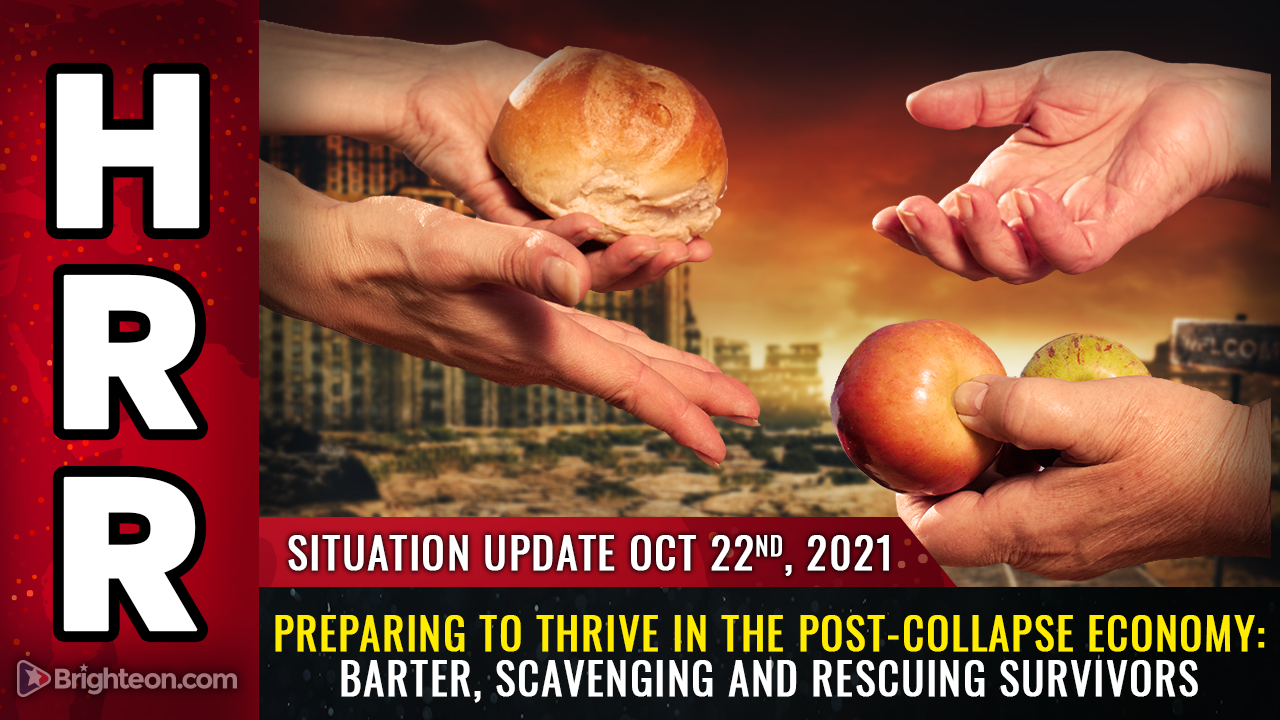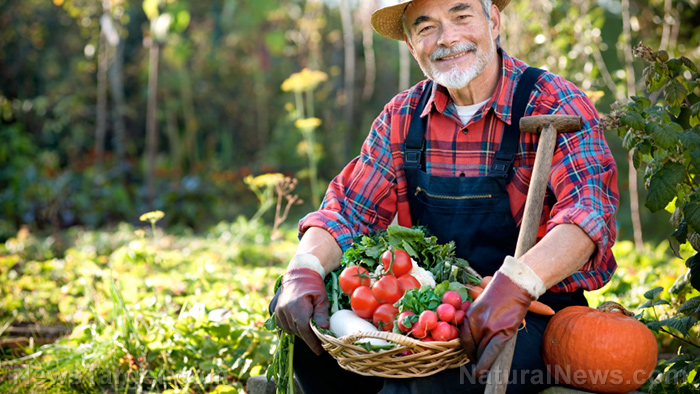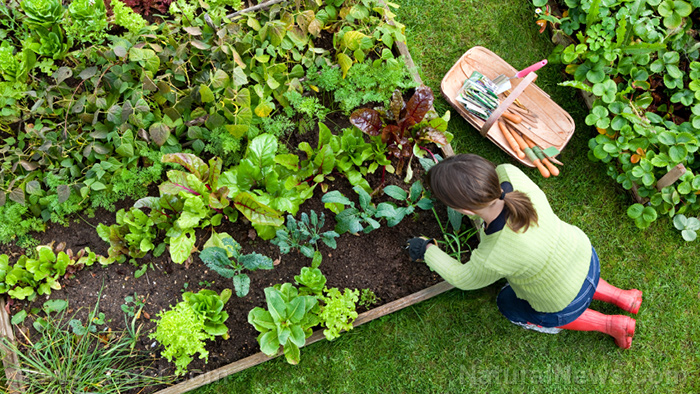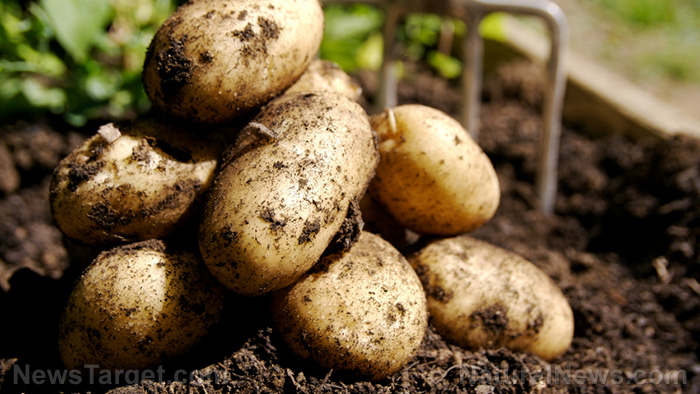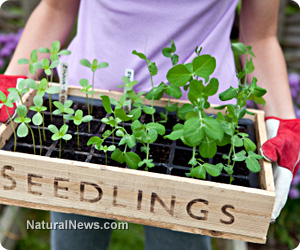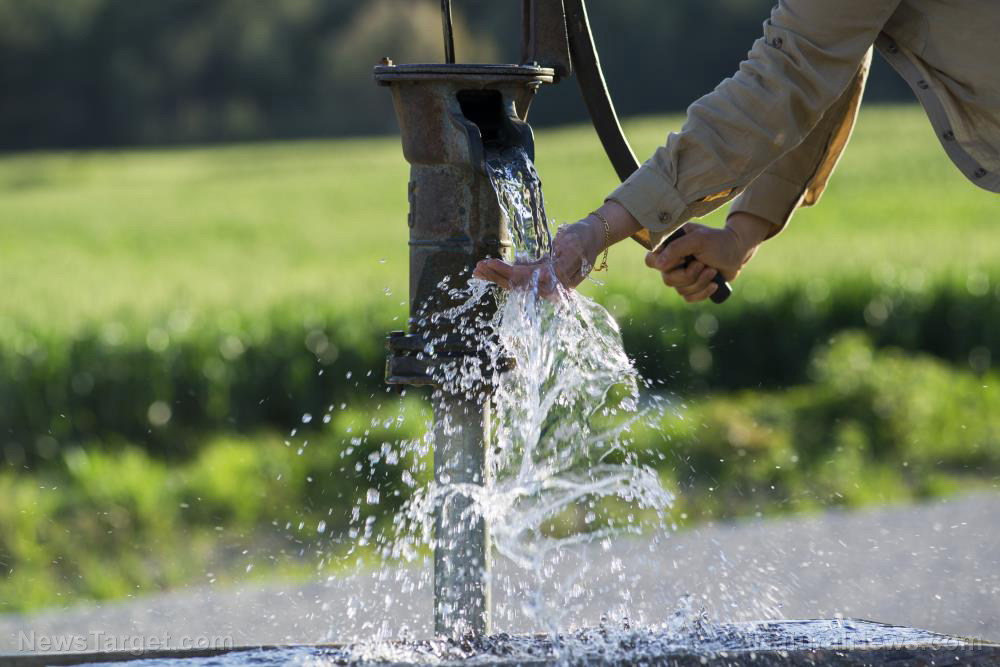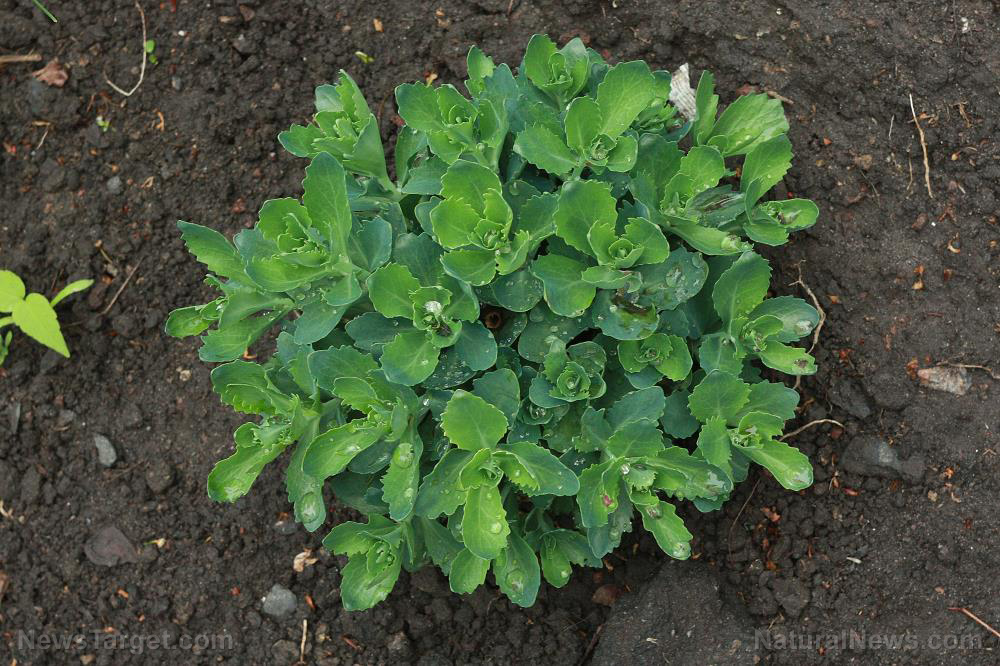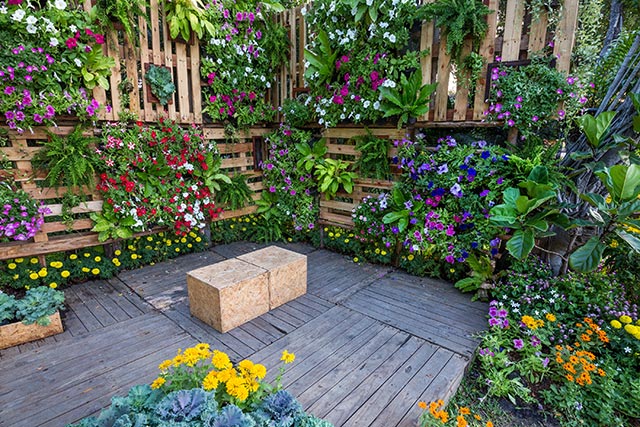12 Tips for homesteading beginners who want to be more self-sufficient
06/14/2021 / By Zoey Sky
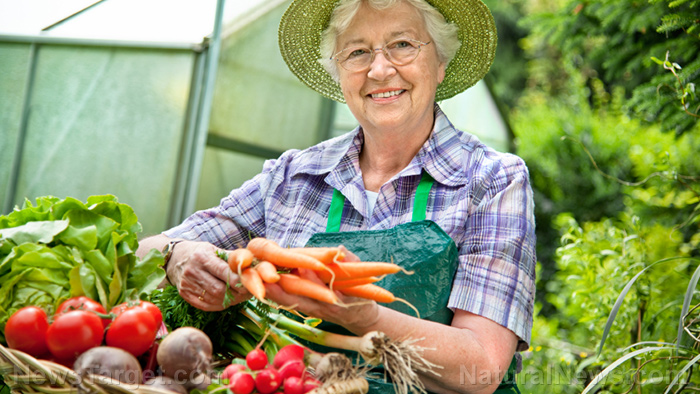
Whether you’re a newbie or an experienced homesteader, being totally self-sufficient is a difficult task. But if you’re determined and willing to work hard on your homestead, all your effort will be worth it once you achieve full or partial self-sufficiency. (h/t to LivingLifeInRuralIowa.com)
Here are 12 tips that can help you become more self-sufficient if you’re a diligent and creative homesteader.
Remember why you want to be self-sufficient
Homesteaders have different reasons for wanting to be self-sufficient, like saving more money or learning how to make or repair their own tools.
Whatever your reason is, define your goal and write it down. Next, plan the steps you need to take to eventually achieve your self-sufficiency goals. Keeping your goals organized will also help you get started.
Do you want to start a home garden? If you’re new to gardening, start with something simple like a container garden. With a garden, you can grow your own food and rest easy knowing that you don’t use harmful pesticides on your crops.
Ask yourself these questions to determine your homesteading goals:
- What kind of fruits and vegetables does your family like to eat?
- Will these crops grow well in containers?
- Which crops will grow well indoors and outdoors?
- Do you have access to potting soil?
- Can you get containers for free or at a bargain?
Plant perennial crops
Perennials are plants that grow back year after year, which can save you time and effort on your homestead. Choose perennials that grow well in your location, plant them, maintain the area and harvest food the next year.
Beginners can start with perennials that are easy to plant and maintain like asparagus, raspberries, rhubarb and strawberries. (Related: Home gardening tips: How to start a survival orchard.)
Research before buying anything or starting a new project
It may seem exciting to start several projects at once, but before you start a home garden or buy chickens, research the basics.
Raising livestock means you need to learn about laws, regulations, or ordinances keeping animals on your property. You also need to read up on building codes and if your utility shed or chicken coop is adhering to their code.
If there are codes, laws, or regulations in place, what do you need to do before you can start your projects?
Are your neighbors fine with living next to livestock like chickens or pigs? Not researching these things can spell trouble in the long run, such as paying huge fines or even jail time.
Learn from experienced homesteaders and gardeners
Experienced gardeners and homesteaders also started as beginners. If you live near fellow homesteaders, ask them politely for advice. If they see that you’re earnest to learn from them, they might be willing to teach you about crops that grow in the area or how to best maximize your garden.
Alternatively, you can consult experts online by joining prepping or gardening forums or read articles with tips on how to get started on your homestead. You can also buy books or visit the library if you need reference books to research any problems you encounter as you go along.
Be prepared to work hard
If you’re committed to your goal of self-sufficiency, all the hard work will be worth it. But if you hate following a routine and being accountable, homesteading might not be for you.
Being a self-sufficient homesteader means you have a lot of long days ahead of you. Even experienced homesteaders get tired, but you have to remember why you started to find motivation since you’re living your dream and accomplishing your goals.
If you don’t have enough time, ask yourself why
Are you a busy person? If you want to manage a homestead, you need to learn how to prioritize and accomplish tasks within the time you allot for them.
You might have more time for tasks if you give up frivolous activities, like watching mindless TV shows or playing video games.
Ease into the homesteading lifestyle slowly
If you have a family to take care of, choose your homesteading projects carefully and take things slow. Start with simpler projects like growing veggies in a container garden. Once you’ve learned from trial and error, start experimenting with home canning your harvest.
Taking things slow is also crucial if you’re on a budget. Homesteading requires investing some money into your projects. Planning and choosing projects based on your skills ensures that you can follow your budget and accomplish your goals without spreading yourself too thin.
Accept that you won’t finish all your tasks in one day
Don’t feel bad if you don’t finish a project after one day. When planning your goals and projects, be realistic in setting your timeframes. Patience is key to being a homesteader.
Ask your family for help
Since you’re doing this for your family, ask them for help with projects that require teamwork. If you have a partner, ask them to work on a project with you. Even children can help you tend to your garden or cook meals for the whole family.
Friends who follow the homesteading lifestyle may also be willing to lend a hand if you promise to return the favor when they need it. Asking for help and helping others is key to accomplishing your homesteading goals, so don’t feel bad about needing help.
Be creative and thrifty
Since you have to invest money into your various homesteading projects, being frugal will help you save for supplies and tools that you need.
Follow these tips if you want to save money for your homestead:
- Simplify your life. Instead of buying coffee every day, bring a tumbler of coffee to work. Bring a packed lunch instead of dining out every day.
- Barter with fellow homesteaders. If you have excess cucumbers and tomatoes, trade with a neighbor who has more eggs than they can cook with.
- Don’t buy things you don’t need or can’t afford. Instead of buying new tools, look for used items at garage sales.
Sometimes you need to spend money on supplies, but try to keep the spending to a minimum.
Use technology and tools to make daily tasks easier
As a homesteader, technology is your friend. Use the internet for your research and read articles to learn skills to make it easier to do various tasks.
Don’t forget to have fun
Decorate your chicken coop like a castle to entice your kids to help with the chores. Turn chores into fun games to encourage family members to help and get things done faster.
Homesteading is a serious undertaking, but this doesn’t mean you can’t enjoy your hard work.
Homesteading isn’t easy, but investing time and hard work into your property will help you become more self-sufficient.
Sources include:
Tagged Under: food independence, green living, home gardening, homesteading, homesteading tips, how-to, off grid, preparedness, prepper, prepping, prepping tips, self sufficiency, self-reliance, SHTF, survival, sustainable living
RECENT NEWS & ARTICLES
COPYRIGHT © 2017 HOME GARDENING NEWS com


